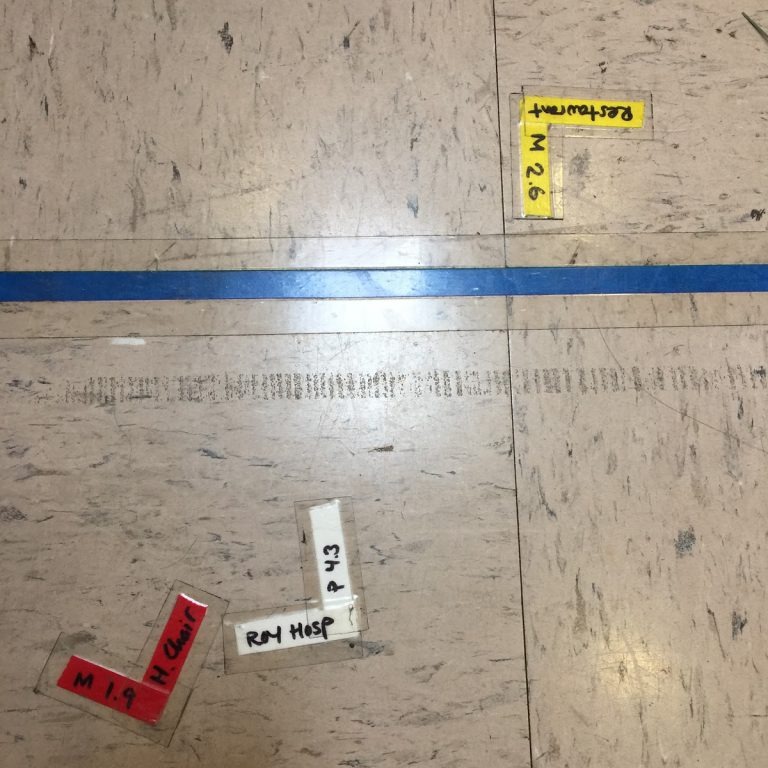
Stage Manager
Introduction
Job Duties
The Production Stage Manager (also called the PSM) is a vital link between a production’s management team, the creative team, and the actors.
The PSM is usually brought on to a project prior to the beginning of rehearsals. This portion of the job is called pre-production. During this time, the stage manager will meet with the director to discuss the show as well as get a sense of the director’s style and working preferences. The PSM will work with the director to set-up a rehearsal schedule and have regular production meetings with the creative team to discuss design elements and technical requirements.
Once in the rehearsal room, the PSM is in charge of maintaining the artistic integrity of the show as well as keeping an archive. This includes: taping the floor (translating groundplans to the rehearsal room floor), notating blocking and acting notes, procuring rehearsal props/costumes/set pieces, coordinating script/music changes with writer(s) and distributing copies, taking line notes, creating and distributing daily rehearsal reports, as well as attending ongoing production meetings. The PSM will sit in the rehearsal room, usually a table right next to the director. The PSM may be joined by one or two assistant stage managers to whom they can delegate some of the stage management tasks.
At the end of the rehearsal period the show moves from the rehearsal hall to the theater. This is called the technical rehearsal or “tech.” This is where all the technical elements of the show (lights, sets, props, costumes, and sound) are added to the work that has been done in the rehearsal room. The PSM will create a prompt book, which is a script with notations for when the technical elements of the show need to happen. The PSM will learn to coordinate lights, set, props, music, and actor movements during this time and begin to learn to “call” the show through a headset to deck crew and assistant stage managers. The PSM is often in a booth at the back of the theatre or offstage, while the deck crew and assistant stage managers are backstage.
The first performances in front of a paying audience are called previews. These performances are still considered part of the rehearsal process. It is common for text and staging to continue to change throughout the preview period which can last from several days to several weeks. With a new play or musical it is common for the cast to rehearse something new during the day but perform an earlier version of the show in front of the audience in the evening. It is the PSM’s job to make sure everyone is informed of all changes. During performances, the PSM is in control of the show. Any mishaps or issues that arise during the show are their responsibility to resolve. The director will be in the audience taking notes but has no control over the actual run of the show. This is the PSM’s job.
Opening Night is officially the director’s last day on the job and at this point the show is “frozen”, meaning nothing should change. At this point the maintenance of the show becomes the job of the PSM. They will rehearse the replacement actors, understudies, and standbys, and maintain the director’s vision for the show by giving notes to actors and crew. They will create and distribute daily performance reports noting anything of note that happened at the performance, including run times, mistakes, technical issues, or audience incidents.
Context & Analysis
Education & Experience
There are many different routes to becoming a stage manager. While you can get a BFA or MFA in stage management, it is not necessary to have a degree to become a stage manager. Many stage managers study acting first, but others will start as production interns and work their way up to assistant stage managers. It is beneficial to learn all
to read our learning module for Stage Manager and to unlock other amazing theatre resources!Links & Media
Quizzes

Laura Josepher
New York-based theatre director and acting coach